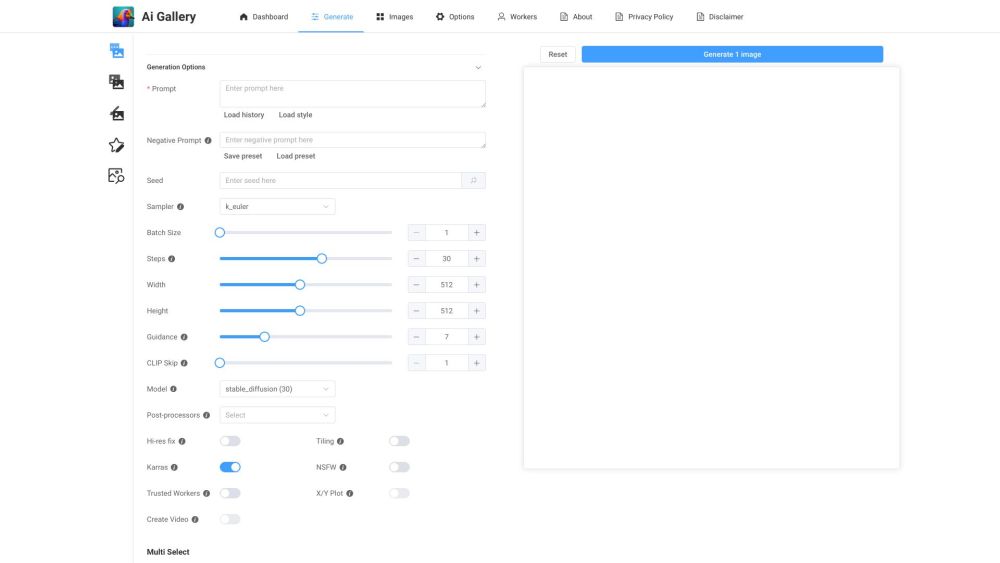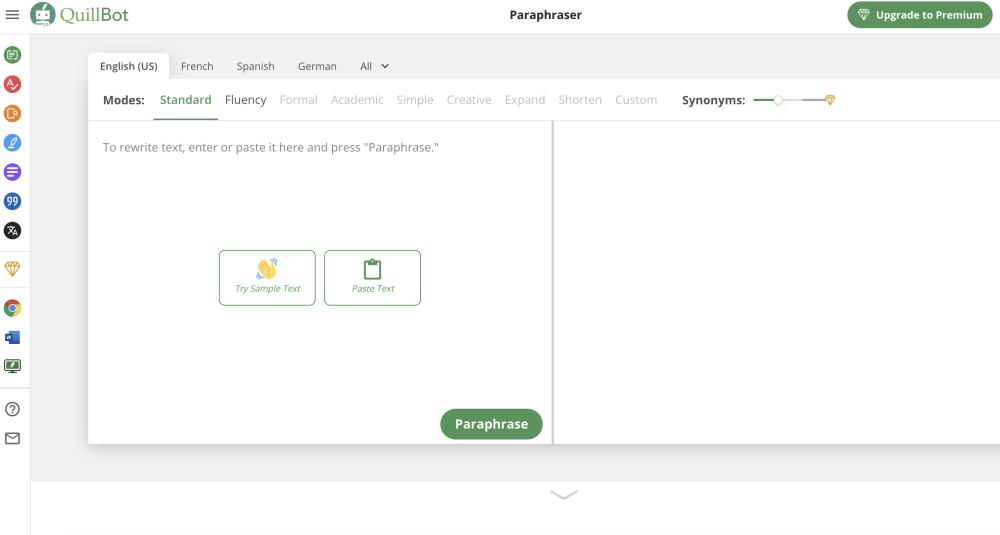A groundbreaking artificial intelligence (AI) technique is paving the way for significant advancements in understanding the genetic underpinnings of diseases, ultimately leading to improved treatment options. Researchers from Google DeepMind have harnessed the power of AI to identify mutations in human DNA that might contribute to various diseases. In a recent study, the research team reported detecting approximately 89% of critical mutations, a noteworthy achievement that offers hope for accelerated disease diagnosis.
William Letsou, an assistant professor of Biological and Chemical Sciences at the New York Institute of Technology, who did not participate in the study, highlighted the importance of this innovation. "The DeepMind tool evaluates how alterations in each missense variant of human proteins influence their structure, significantly reducing the experimental workload," he explained. "Traditionally, scientists would need to generate and crystallize each protein variant to observe structural changes, a process that is both costly and time-consuming, particularly given the vast number of potential protein variants to examine."
The DeepMind program effectively predicts missense mutations, which occur when a single letter in the DNA sequence is altered. Such mutations can impact protein functionality. In their research, the team utilized an AI model known as AlphaMissense to analyze the full spectrum of 71 million possible single-letter mutations affecting human proteins. With a targeted accuracy of 90%, AlphaMissense estimated that 57% of these missense mutations are likely harmless, while 32% are potentially harmful. The implications of the remaining mutations remain uncertain.
The study authors emphasized that molecular biologists could leverage this database as a foundational tool for designing experiments and interpreting data related to amino acid substitutions across the human proteome. The researchers pointed out, "The primary place to investigate disease-causing variations is within missense variants that may influence protein functionality." Letsou further noted that these damaging variants are rare because they are often selected against by evolution. By compiling a database detailing the potential pathogenicity of each variant, scientists could assess an individual’s risk for rare diseases early in life, enabling timely medical intervention.
The researchers have graciously made a free online repository of their mutation predictions available to assist medical professionals and geneticists in their efforts to understand how DNA mutations can lead to diseases or aid in the diagnosis of rare disorders. However, for safety reasons, the complete model cannot be downloaded, particularly concerning potential biosecurity risks associated with analyzing non-human species' genomes.
From proteins to DNA, the journey began a decade ago when Google acquired DeepMind, an AI research lab initially celebrated for its capabilities in gaming AI, such as defeating Go champion Lee Sedol in 2016. DeepMind made headlines in the medical field with its AlphaFold model, which accurately predicts protein structures—a crucial development in biology, as noted by Steve Frank, the founder of the AI-driven medical technology firm Med*A-Eye. He explained, "When attempting to inhibit an overactive enzyme linked to a disease, knowing the enzyme's 'reaction pocket' allows for the design of a drug that precisely fits, ultimately controlling or curing the disease."
Moreover, Frank pointed out that not all harmful genetic mutations are identified just by analyzing gene sequences. AI can also be used in medical imaging to uncover a patient’s genetic variant. "If you're already obtaining a medical image, using it to gather additional information can eliminate the need for expensive genetic or immunohistochemical tests,” he said. His company, Med*A-Eye Technologies, has introduced a tool that examines colorectal biopsies for cancer detection and identifies genetic subtypes, crucial for determining the appropriate treatment as different molecular subtypes require distinct therapeutic approaches.
DeepMind’s innovation builds on prior AI methodologies for mutation prediction but stands out due to its integration of structural data. Letsou elaborated that AI models focus on assessing whether a DNA variant is likely present in humans. "The rarer the variant, the more likely it is to be harmful because evolution has likely removed it from the gene pool," he said. Whereas earlier AI tools compared human proteins to databases of other proteins to determine potential building blocks, DeepMind's tool functions by starting with predicted structures and detecting pathogenic variations based on previously learned information.
This new AI-driven approach represents a monumental leap in genetic research, offering unprecedented insights that could transform how we diagnose and treat various genetic disorders.





